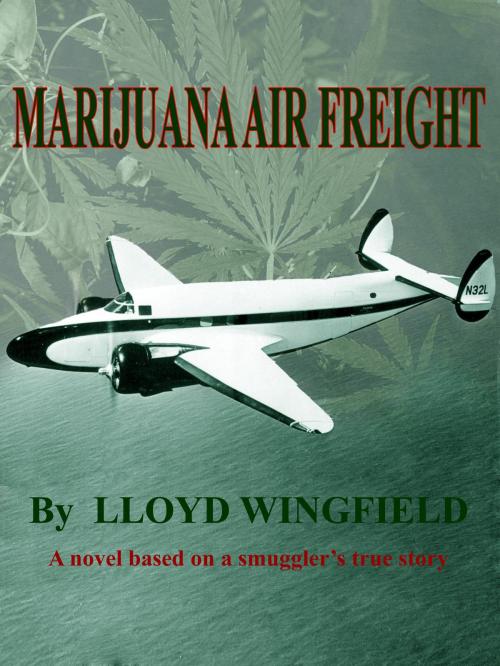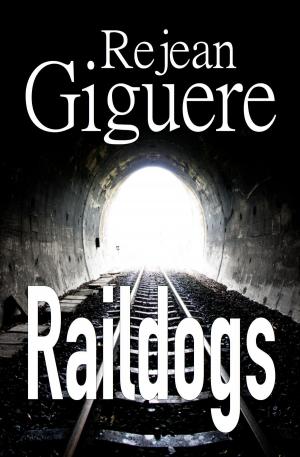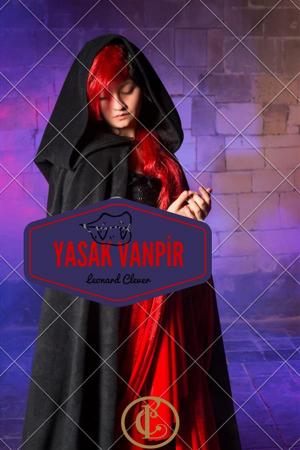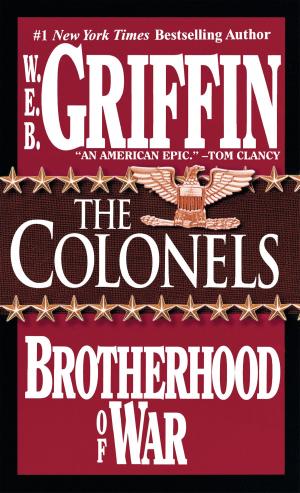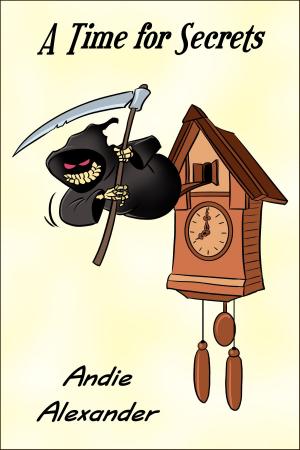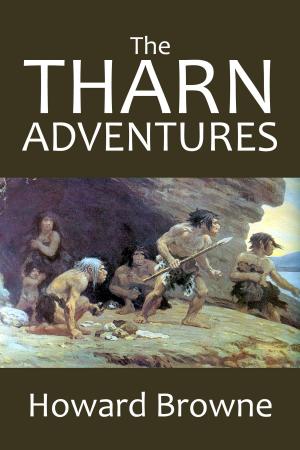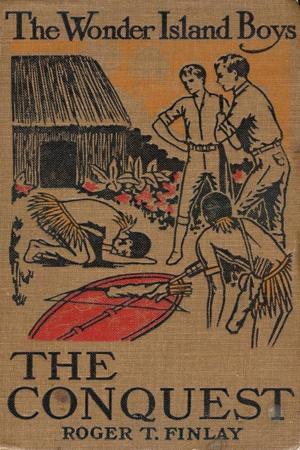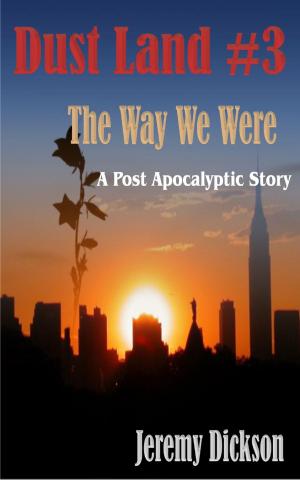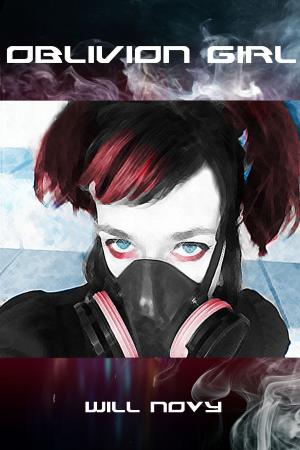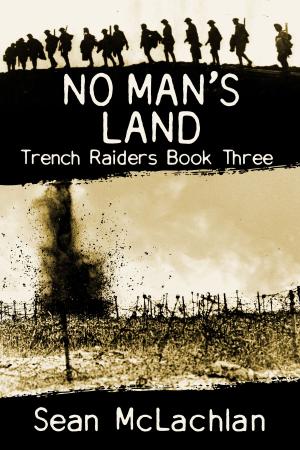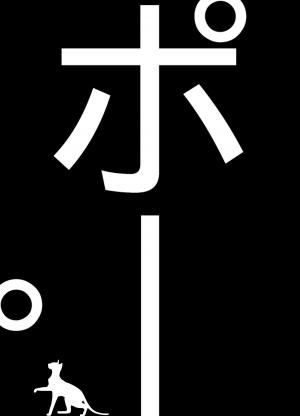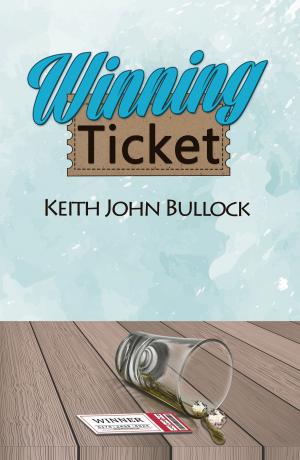| Author: | Lloyd Wingfield | ISBN: | 9781301619856 |
| Publisher: | Lloyd Wingfield | Publication: | October 20, 2012 |
| Imprint: | Smashwords Edition | Language: | English |
| Author: | Lloyd Wingfield |
| ISBN: | 9781301619856 |
| Publisher: | Lloyd Wingfield |
| Publication: | October 20, 2012 |
| Imprint: | Smashwords Edition |
| Language: | English |
During the 1960s the United States gave birth to a new culture. The “Hippie Generation” seemed to grow out of nowhere and quickly became a powerful movement of idealistic youths spouting slogans like “Make Love not War”. They galvanized around the politics of the Vietnam War and their protests soon began to register among the powers in Washington, DC.
Folk music singers and artists were the heroes of this free love, hippie generation. Along with their social and political identifications came the discovery of drug use. In particular and first on the scene at all of the peace rallies was the prominent use of marijuana. Young people were seen openly smoking grass at concerts, in parks, at the beach, in clubs, at parties, on campus, and at sporting events. It became a rapid epidemic for which the authorities were ill prepared. It also created an enormous demand for the drug.
In the 1960s there was very little if any home grown pot. The only readily available avenue of supply was from Mexico and Columbia. An entire new group of entrepreneurs was born to capitalize on this transportation problem. They became the new “freebooters” of the hippie generation. These highly motivated, young, businessmen devised all of the popular modes of transportation methods to smuggle the marijuana into the United States. They would meet the demand.
Airplanes were initially the most widely method used. This novel is the story of how one group and one brazen pilot succeeded for years in flying marijuana out of Mexico, across the border, and all the way to New York to be distributed to the elite, upscale hippies with their insatiable appetite for pot.
During the 1960s the United States gave birth to a new culture. The “Hippie Generation” seemed to grow out of nowhere and quickly became a powerful movement of idealistic youths spouting slogans like “Make Love not War”. They galvanized around the politics of the Vietnam War and their protests soon began to register among the powers in Washington, DC.
Folk music singers and artists were the heroes of this free love, hippie generation. Along with their social and political identifications came the discovery of drug use. In particular and first on the scene at all of the peace rallies was the prominent use of marijuana. Young people were seen openly smoking grass at concerts, in parks, at the beach, in clubs, at parties, on campus, and at sporting events. It became a rapid epidemic for which the authorities were ill prepared. It also created an enormous demand for the drug.
In the 1960s there was very little if any home grown pot. The only readily available avenue of supply was from Mexico and Columbia. An entire new group of entrepreneurs was born to capitalize on this transportation problem. They became the new “freebooters” of the hippie generation. These highly motivated, young, businessmen devised all of the popular modes of transportation methods to smuggle the marijuana into the United States. They would meet the demand.
Airplanes were initially the most widely method used. This novel is the story of how one group and one brazen pilot succeeded for years in flying marijuana out of Mexico, across the border, and all the way to New York to be distributed to the elite, upscale hippies with their insatiable appetite for pot.
